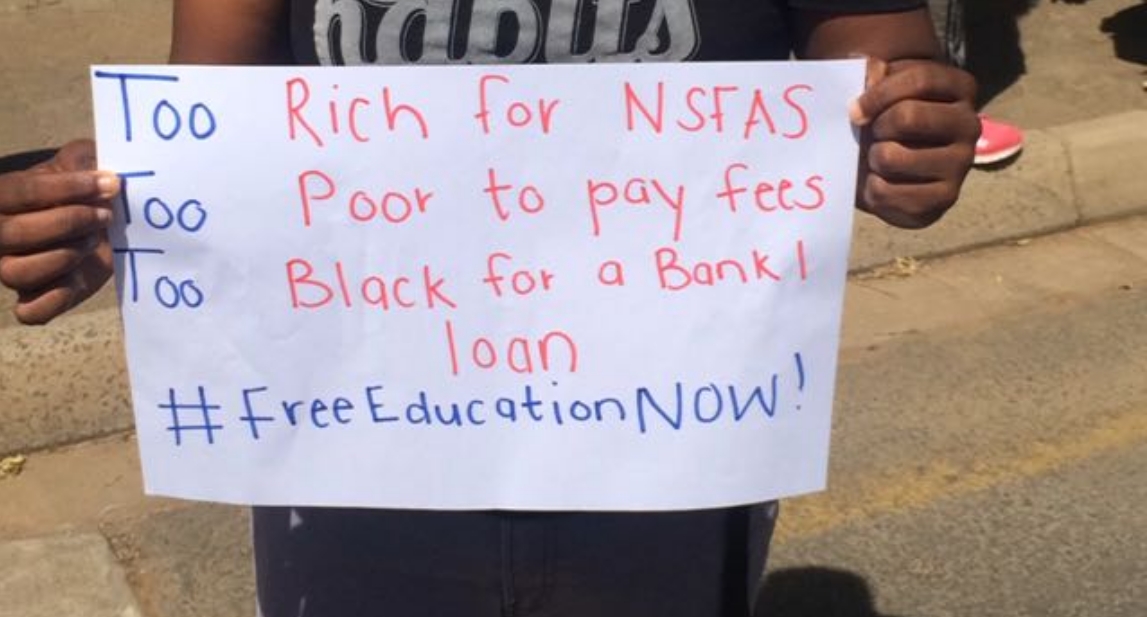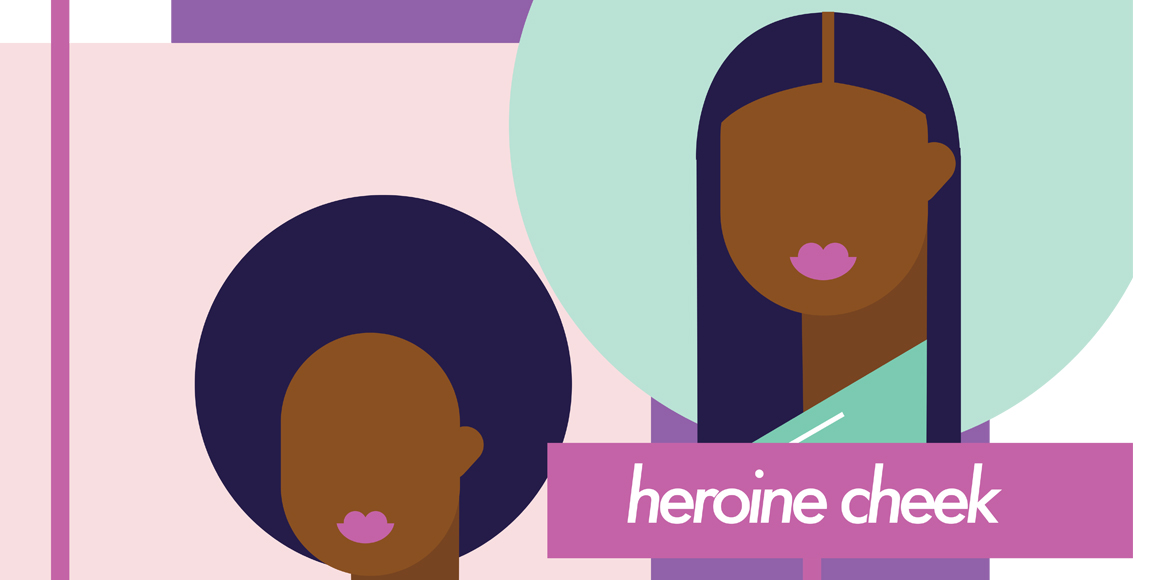September 3 marked the reopening of new applications for student funding from the National Student Financial Aid Scheme (Nsfas). Applications had been closed with changes in the board of the scheme as well as a backlog of 2017 and 2018 applications. Nsfas has faced many problems this year in the wake of former President Jacob Zuma’s announcement of free higher education for first-year students. The Daily Vox team breaks down the need to know for the scheme in 2019.
Is Nsfas ready for 2019?
After the problems that have plagued the funding scheme, they believe they are ready to serve students. On the eve of the opening of 2019 applications, the online system was tested with the scheme declaring the test as successful. The new system involves students submitting an application. Afterwards the pupil receives an SMS notification confirming that their application was captured successfully.
Who qualifies for NSFAS?
The threshold to qualify for financial assistance was raised to R350,000 per annum of combined household income. This has more than doubled from the past figure of R120,000, to account for the “missing middle” students who were previously unaccounted for.
Is there an option to still apply to a university or TVET ?
Yes, but this will be done through the Department of Higher Education and Training’s Central Applications Clearing House (CACH) where you can make late applications.
Why was Nsfas applications suspended?
Applications were suspended by the higher education minister Naledi Pandor. She ordered the student funding scheme to clear the 2017/8 funding and application backlogs before taking new applications.
Earlier this year NSFAS announced that they would not reopen applications in 2018. The organisation says it would work with institutions to “assist with funding decisions for students who have applied for academic spaces without having applied for NSFAS funding and others.” Funding through NSFAS is still possible but must be done through CACH.
Will previous debt be cancelled?
Despite the promise that outstanding student debts would be written off, NSFAS spokesperson Kagisho Mamabolo told EWN early in 2018 that there was no confirmation yet from the government that student debts can or will be scrapped.
What is happening at Nsfas at the moment?
There has been a lot of restructuring taking place at Nsfas. In August, the chair of the board Sizwe Nxasana resigned. The CEO Steven Zwane has been placed under suspension amidst corruption allegations. The entire board was placed under administration by the Higher Education Ministry.
Randall Carolissen has been appointed as the administrator of Nsfas. Speaking in an interview Carolissen said that all systems of Nsfas was under assessment: “My job is to fix what is wrong. I don’t know when the problems started – whether it was before or during his term – but I am here to fix.”
Where is Nsfas with paying students?
According to an update provided by the funding scheme on August 31, R1.2bn has been paid to institutions to advance funds into students’ accounts while another payment of R60m was made through the sBux system – making instant access to allowances. This has cleared the backlog of students who have signed their agreements with Nsfas. Students who have still not signed their agreements will need to do so before receiving their money.









